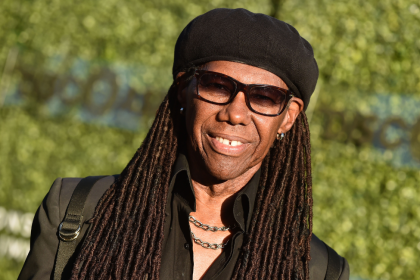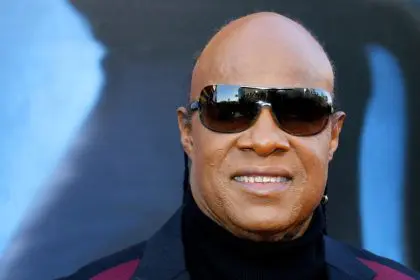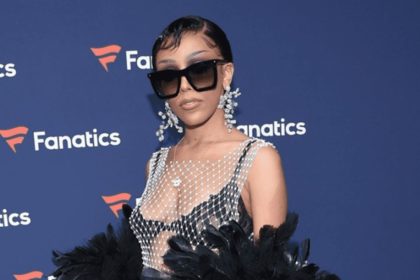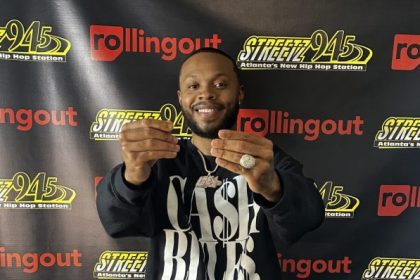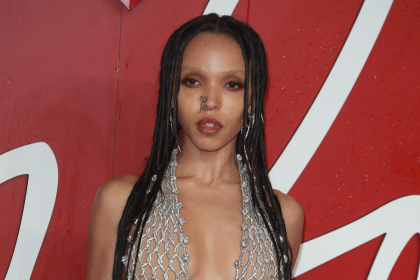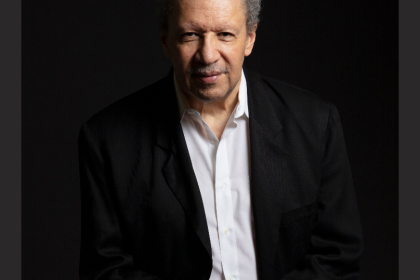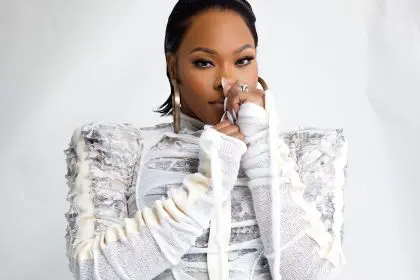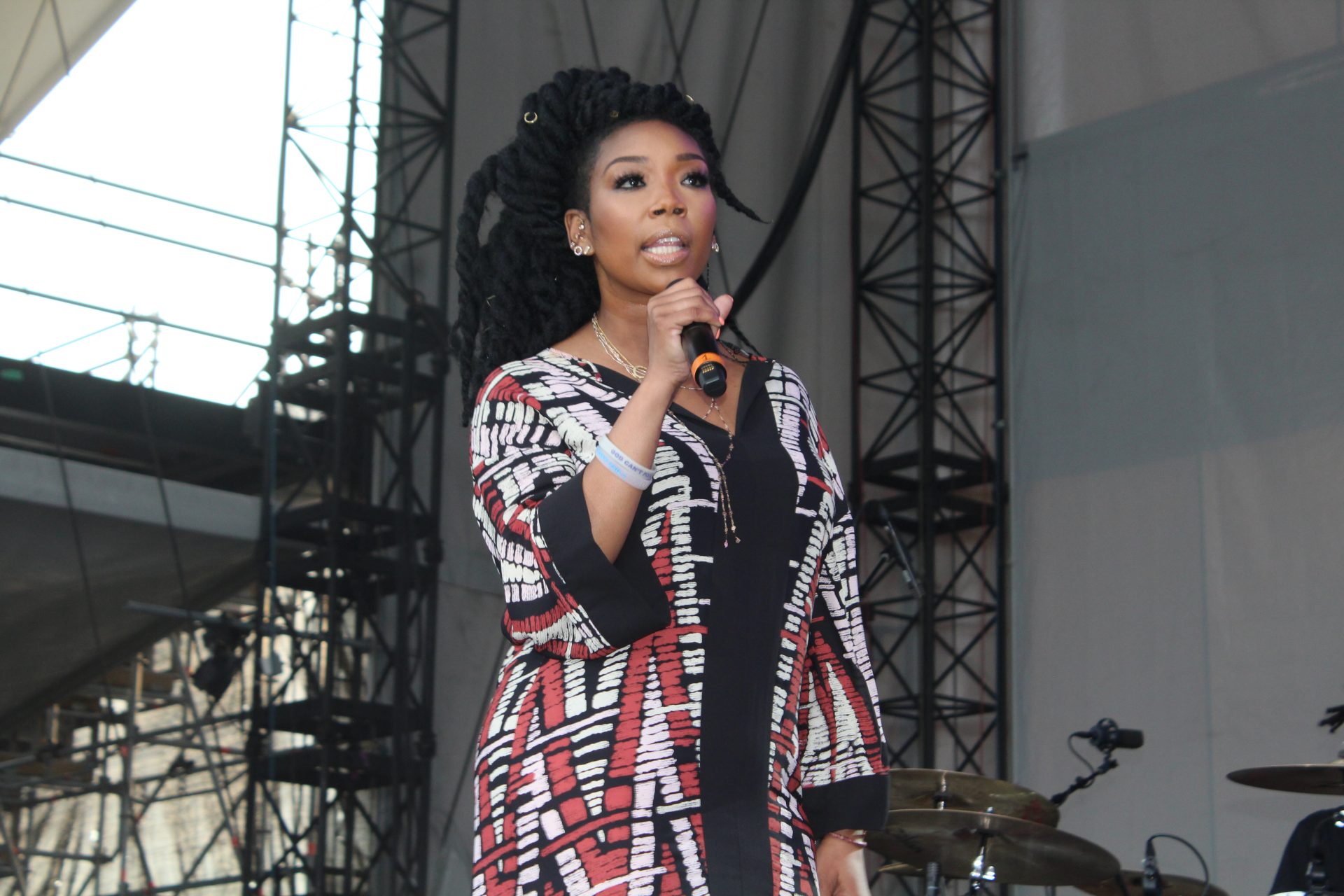The music, born out of the heart and soul of Louisiana before it migrated north in the early 20th century, has been dubbed “America’s one true artform.” But when glancing at many of the nation’s most acclaimed musical institutions of higher learning, such as the Berklee College of Music, the makeup of the faculty does not reflect the origins of this popular and praised form of expression.
“For me, getting into jazz music was interesting because I had to embrace the intellectual side of it,” explains saxophonist Darius Jones. “African American culture is very improvisational, period. I didn’t know about free improvisation when I was growing up, but somehow I knew how to just play. To get up there and listen to this other person and try to find a way to communicate with one another. There’s something very powerful about that because of the circumstances that the African American was in here in America. I feel that we have to not forget the beginnings, and embrace the whole entire history of jazz. Sometimes we look at it from a narrow perspective.”
“There’s a resurgence in jazz as money-making, it’s not unlike other black art forms,” explains vocalist Imani Uzuri. “There is a construct.”
“I think that it’s a little bit more sophisticated — white supremacy as it exists today,” shared multi-instrumentalist Graham Haynes. “It’s systematic. But as it relates to jazz, I think the very, very subtle institutionalism. For every example that you bring up of institutionalized supremacy, there will be a counter to that. But if you look deeper at the history, the marketing, you will see that you really have to look between the lines.”
“I did an interview about jazz and the person that instigated the interview was white,” Jones recalled. “The topic was why jazz is dead or whatever. But he didn’t want to talk about it from his perspective and how white musicians in jazz music have a tendency to forget what inspired them to play the music in the first place. From the beginning of jazz music, if we remember the first jazz recording was not done by a black person. It was done by a white group, who actually said that jazz was not created by black people. So we start with mythology!
“In school, I had more white jazz instructors than black ones,” Jones shared. “The spiritual part of it, I had to go outside and get.”



